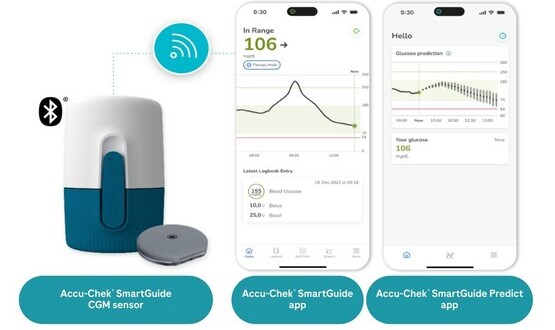Information Will Play a Key Role in Diabetes NSF
- 15 January 2003
The Department of Health’s new diabetes National Service Framework (NSF) envisages a key role for information in the management of this widespread and increasingly common condition.
A Diabetes Information Strategy has been published alongside the NSF by the Information Policy Unit,a move described as “absolutely essential” by campaigning charity, Diabetes UK.
Factors such as the country’s rising elderly population and the growth of obesity have contributed to the rise in diabetes. The framework says 1.3 million people now have the condition and that this figure is increasing.
The new framework sets out a delivery strategy which includes a proposal for setting up diabetes networks or similar robust local mechanisms to identify local leaders and appoint network resource managers, clinical champions and a person with diabetes to champion the views of local people.
The information strategy has four major components:
• support for prevention and management by improving access to information about diabetes;
• empowering people with diabetes by providing access to health records and more general information;
• underpinning integrated care with integrated information systems, including registers;
• delivering the capacity to plan and monitor services, mainly using information which is a by-product of the information used to deliver care.
The strategy puts forward a vision for comprehensive information systems designed to support structured diabetes care, prevention and the planning and monitoring of diabetes services.
It acknowledges, however, that such systems are in their infancy – where they exist at all –and lists national and local measures designed to bridge the gap between the current reality and future aims.
National measures will include the development of a framework and toolkit to develop local information services focuses on diabetes and its management. There will also be a national specification and standards for the Integrated Care Record Service (ICRS) functionality to support integrated diabetes care.
Locally, the strategy proposes action on five fronts:
• Develop and refine local information services on diabetes and diabetes services;
• Provide people with diabetes with access to their records;
• Develop ICRSs which support diabetes care;
• Develop local analytic capacity;
• Take part in national clinical audit.
Bridget Turner, head of policy for Diabetes UK, commented that it was very pleasing to see the strategy covered all areas of information, not just IT. “It’s about all the information people need whether they have diabetes are at risk or are professionals,” she said.
She pointed to information deficits at all levels from the prevalence figures, which were currently extrapolations from samples rather than an actual head count, to the frustration of individual patients who found themselves repeating details of their condition and treatment time and again to different professionals.



